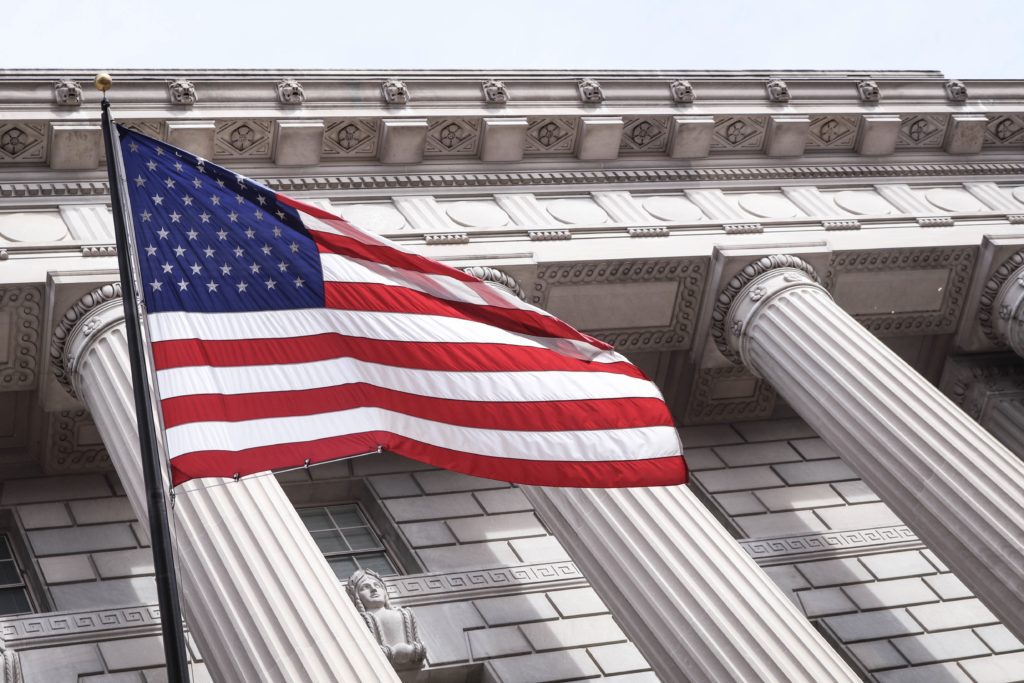In light of the recent Bostock decision that undermined women’s rights by redefining “sex” discrimination to include gender identity, we’ve been watching the Supreme Court docket carefully. Early next week, the Court should issue decisions on three cases the outcomes of which could be of vital importance to issues surrounding life, health, and religious and educational freedom in New Hampshire and throughout the country.
June Medical Services LLC v. Russo challenges an existing Louisiana law requiring any physician who performs an abortion to have admitting privileges at a hospital within 30 miles of their facility. The law being challenged gives women the assurance of prompt medical care when emergencies arise and has no impact on the legality of abortion in Louisiana. This attempt by abortion clinics in the state to overturn a commonsense health protection for women in their care raises serious questions. Is the abortion industry really invested in the health of the women they serve?
The second case, The Little Sisters of the Poor v. Pennsylvania concerns the question of whether a for-profit religious institution must violate its conscience and provide insurance coverage for contraception to female employees. The Little Sisters, who oversee a network of senior care facilities, first came before the U.S. Supreme Court in 2016 to contest a provision in the Affordable Care Act which mandated contraceptive coverage—a requirement which, as a faithful Catholic institution, the Little Sisters could not comply with. The case was decided in the Little Sisters’ favor and they were granted exemption. Now they are before the Supreme Court again for a similar issue. The state of Pennsylvania has challenged the Supreme Court’s ruling, claiming that the Court’s exemption of religious based institutions from the requirement is unconstitutional and discriminatory and that the Little Sisters are still required by the mandate to cover contraceptives. If the Little Sisters lose this case, it’s likely they will have to cease offering insurance benefits to their employees or violate their conscience rights. Further, it could open the gateway for other religious exemptions to be struck down.
In Espinoza v. Montana Department of Revenue, a group of parents from Montana who were, after many years, told that they could no longer receive tax credits to send their children to a Christian school are contesting that ruling. This is the case which most directly affects New Hampshire, as it deals with current laws that we (along with 36 other states) have in place which restrict funding to Christian schools. These laws, called “Blaine Amendments,” were enacted in the late 19th century at a time of strong anti-Catholic sentiment and assert that no money may be given by a state government to any religious educational institution. They stand in opposition to a 2017 ruling by the Court in another case that excluding qualified religious institutions from public benefit programs is “odious to our Constitution…and cannot stand.” If the Supreme Court rules in favor of Espinoza it could mean that the anti-religious Blaine amendments could finally be struck down, giving families—especially those with less financial means—greater opportunity to send their children to the school of their choice.
Depending on how the Court decides, these cases could have a historic impact on our state and nation.We will be watching closely.


